The national excellent student exam for Literature in the 2024-2025 school year is stirring up conflicting debates about whether it is confusing or puzzling.
The Literature exam for national excellent students in the 2024-2025 school year is as follows:
Question 1: Social commentary (8 points)
“The earth seemed to be a living thing: not as the ancients saw her—a Goddess of feeling, of purpose and vision—but as a tree. A tree that existed silently, never moving except by swaying in the wind, but in constant conversation with the sun and the soil. It used the sun, the water, the mineral nutrients to grow and change. Yet all these changes were so quiet that, to me, the old oak in the yard looked just as I had seen it when I was a child.” (James Lovelock)
From the above text, write an essay on the topic: Listening to silence.
Question 2: Literary essay (12 points)
In his speech at the closing ceremony of the Nobel Prize ceremonies on December 10, 1957 in Stockholm, A. Camus said: “The artist trains himself in a constant relationship with others, on the path between the beauty that cannot be ignored and the community that cannot be separated.”
Using literary experience, please discuss the above opinion.
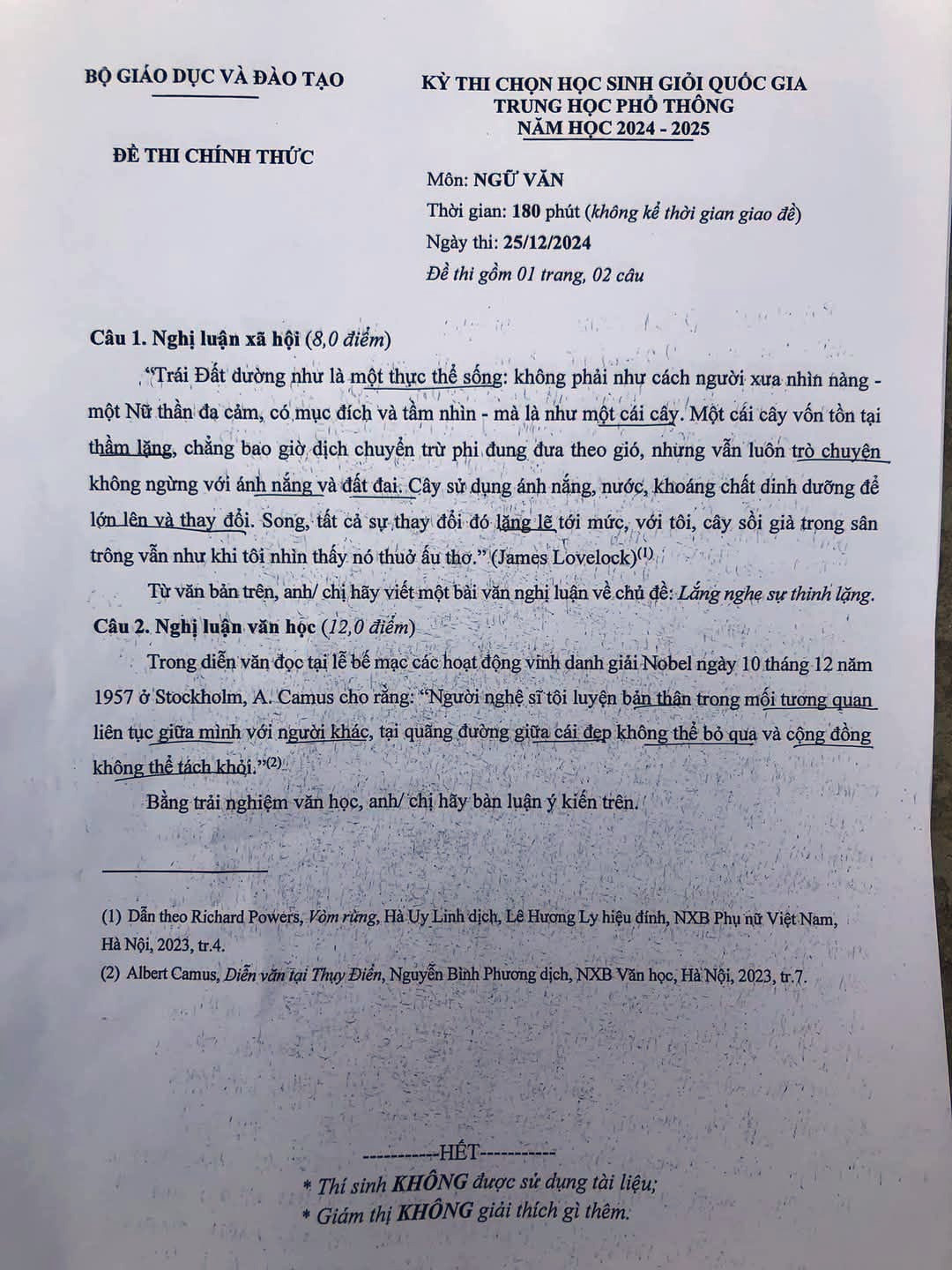
After the exam was posted, much attention and comments were given to question 2.
Sharing with VietNamNet , literary critic Pham Xuan Nguyen said that question 2 of the exam quoted a passage from a speech by French writer Albert Camus (1913/1960), but the translation was very confusing and difficult to understand.
“That awkward quote is due to the translation. I suggest that from now on, in Literature exams at any level, if there is a translated quote, even if it is a Vietnamese source, the Ministry of Education and Training should consult with foreign language and subject experts to check and compare it with the foreign language version to ensure the translation is accurate and clear in Vietnamese, before providing the material for students to do the test.”
In addition to the translated material, Mr. Pham Xuan Nguyen said that the way the literature exam is set is also a puzzle, when it requires "discussing with literary experience" but the quote is out of context. "For example, this quote from A. Camus is in the whole passage where he talks about himself and generalizes about the relationship between literature and society. Cutting it into a sentence, then translating it into a confusing sentence, not stating which language it is translated from, and then asking students to 'discuss the above opinion with literary experience' can be difficult for them," Mr. Nguyen shared.
According to Mr. Nguyen, quoting a sentence out of context can cause semantic misunderstanding. “Of course, quoting a sentence/paragraph to ask students to analyze is also a way to set questions. But like that, the sentence is often 'taken' out of context and usually forces the writer to follow the 'frame' of the meaning of that statement. Therefore, we should have more general exam questions, talking about an issue, not just taking a quote,” Mr. Nguyen said.
The principal of a high school, a former literature teacher in Hai Phong, also said that the exam questions were somewhat tricky.
“Except for students who have already known or done this type of question, it is very difficult to answer a question that leads to a sentence like this. Maybe my thinking is a bit subjective, but I sincerely hope that in the future, questions like this will not be given,” said the principal.
However, some teachers have a different opinion.
A literature teacher at a specialized high school in Nghe An said that the perspectives and reasoning of outsiders and those who set the questions may be different. “Some experts may look at the accuracy of the translated text and think that the question requires discussion of that translated text. Meanwhile, the question setter simply wants to borrow the text to discuss a problem, concept, ideology, and literary theory.
In my opinion, there is no need to deeply understand the original meaning of the quoted text in the question, the main thing is to discuss the ideology, philosophy and literary theory that the text represents," said this teacher.
According to this teacher, sentence 2 of this year's essay essentially discusses the artist's creative process, which is the spiritual and emotional interaction between oneself and the surrounding world .
Another Literature teacher at a top high school in Hanoi shared: "From a personal perspective, I think this year's Literature exam still maintains a familiar structure. The content is quite good and highly classified."
According to this teacher, the translated text of the question may confuse students. Candidates will have to read the question carefully to decode the content of the question about the writer's journey of "training" in a complex relationship with beauty, with the community and with himself.
"Translated texts should have more or less a different perspective for each person. People who have a deep understanding of the language may want it to be as complete and as close to the original as possible, which is understandable.
However, I also believe in the quality of excellent students and think that thanks to this question, the exam will have a high level of classification. With the 'scope' of selecting excellent students of the country, I think a high level of classification is necessary," this teacher commented.
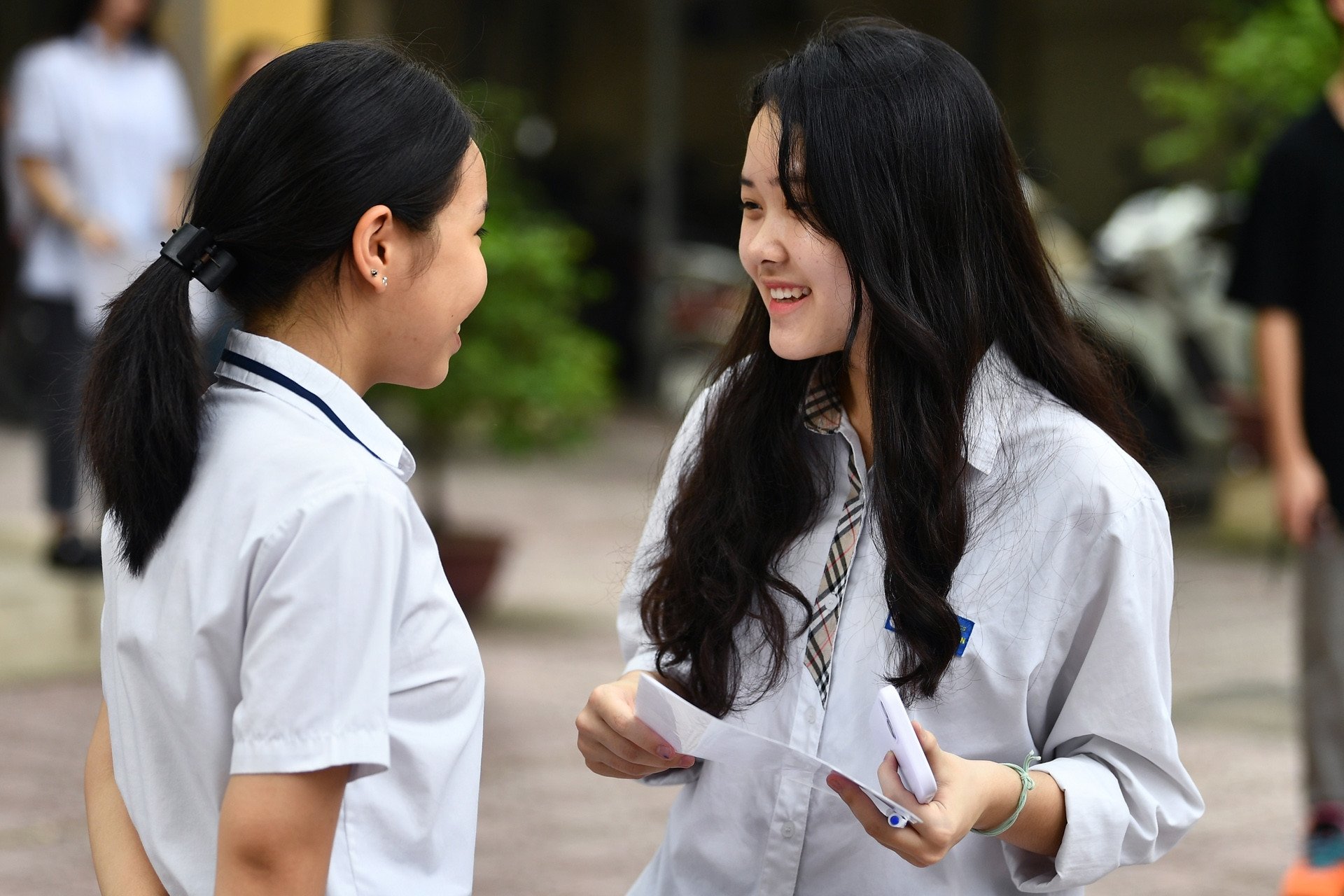
National excellent student exam in History 2024
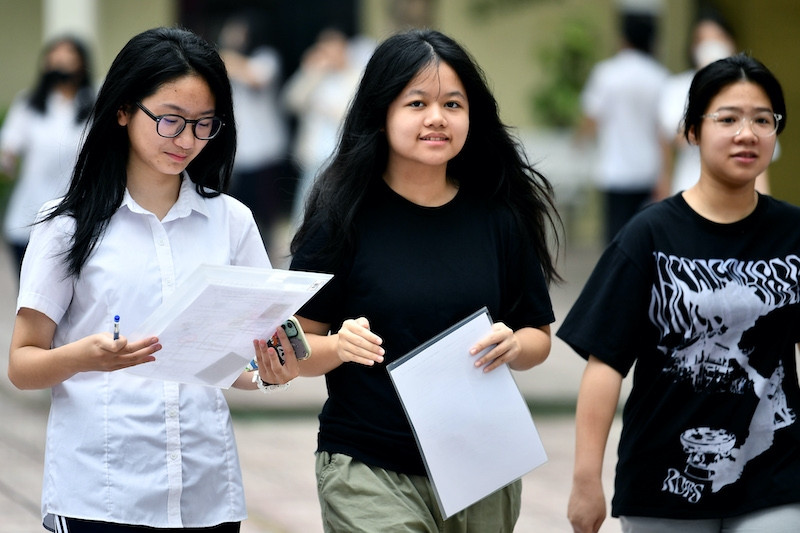
National excellent student exam in Math and Literature 2024
Source: https://vietnamnet.vn/de-thi-hoc-sinh-gioi-quoc-gia-mon-van-tranh-luan-lieu-co-kho-hieu-danh-do-2356778.html


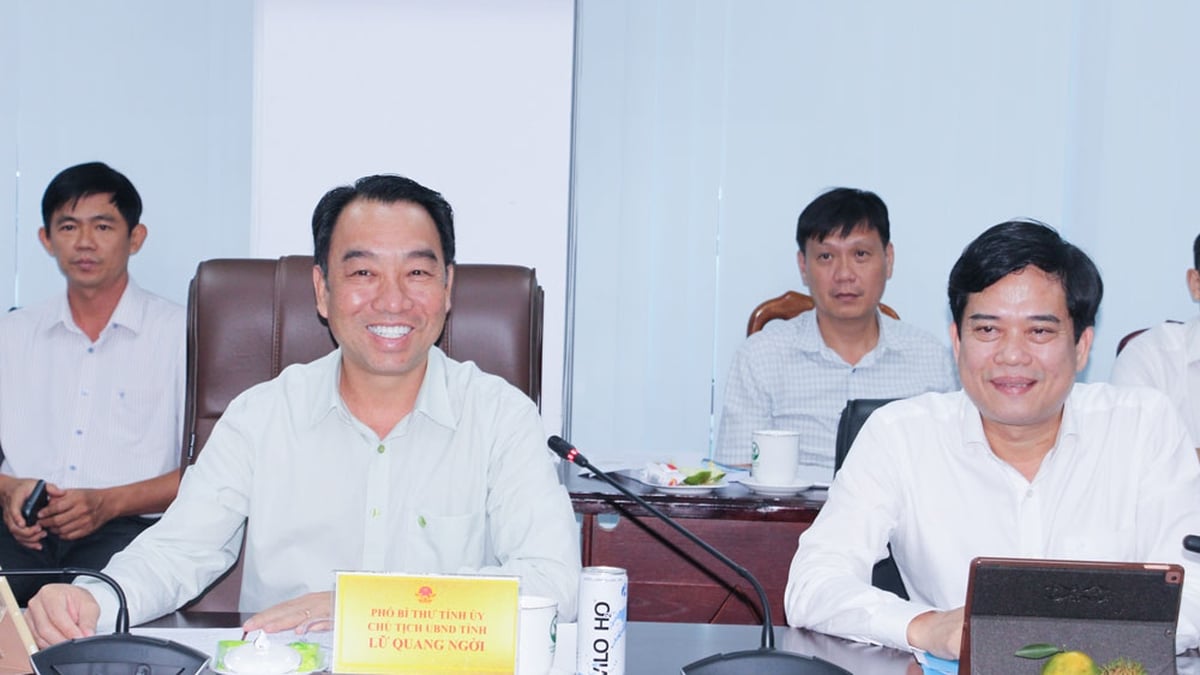
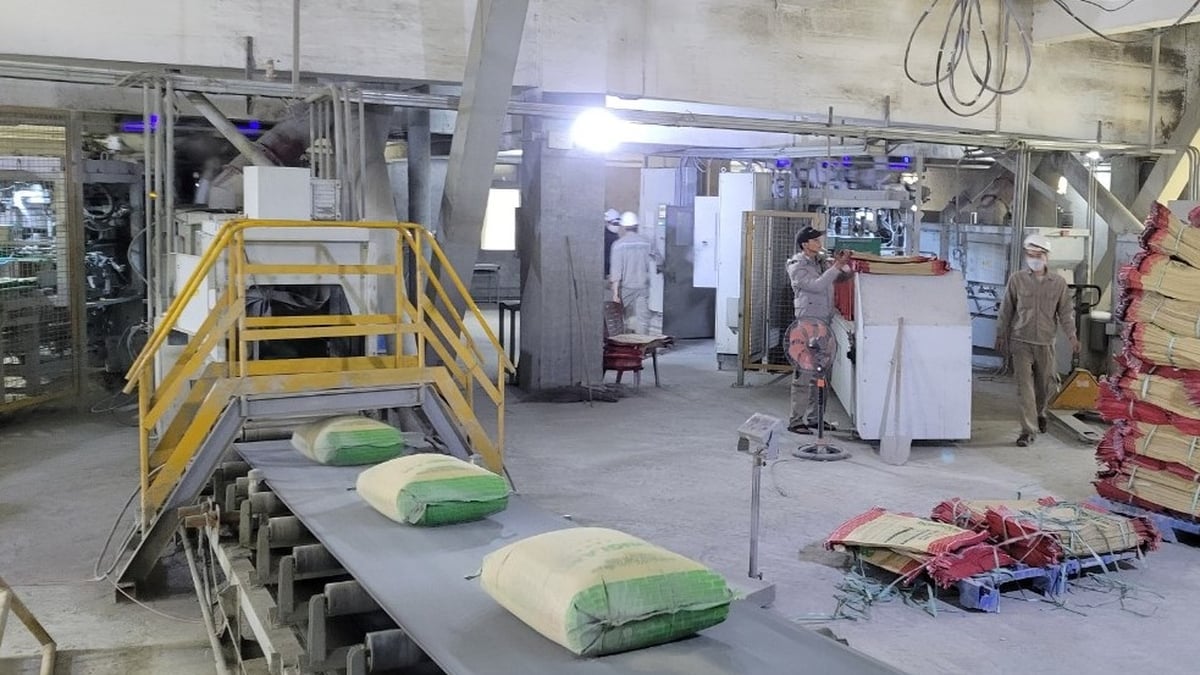
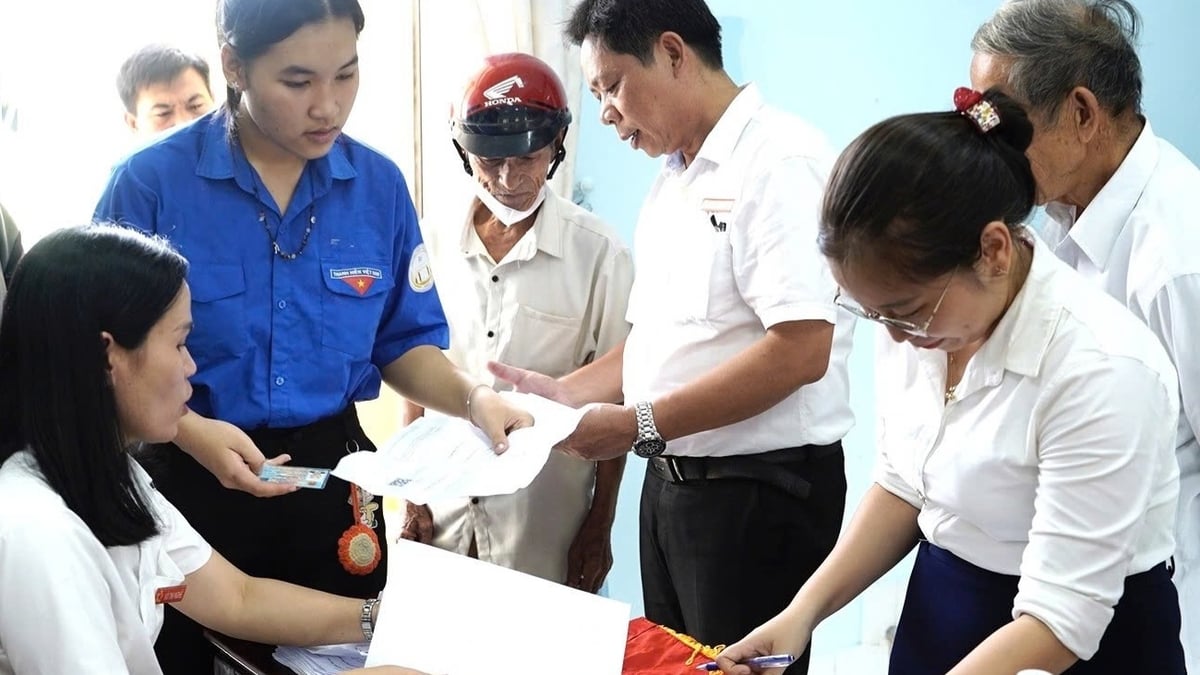

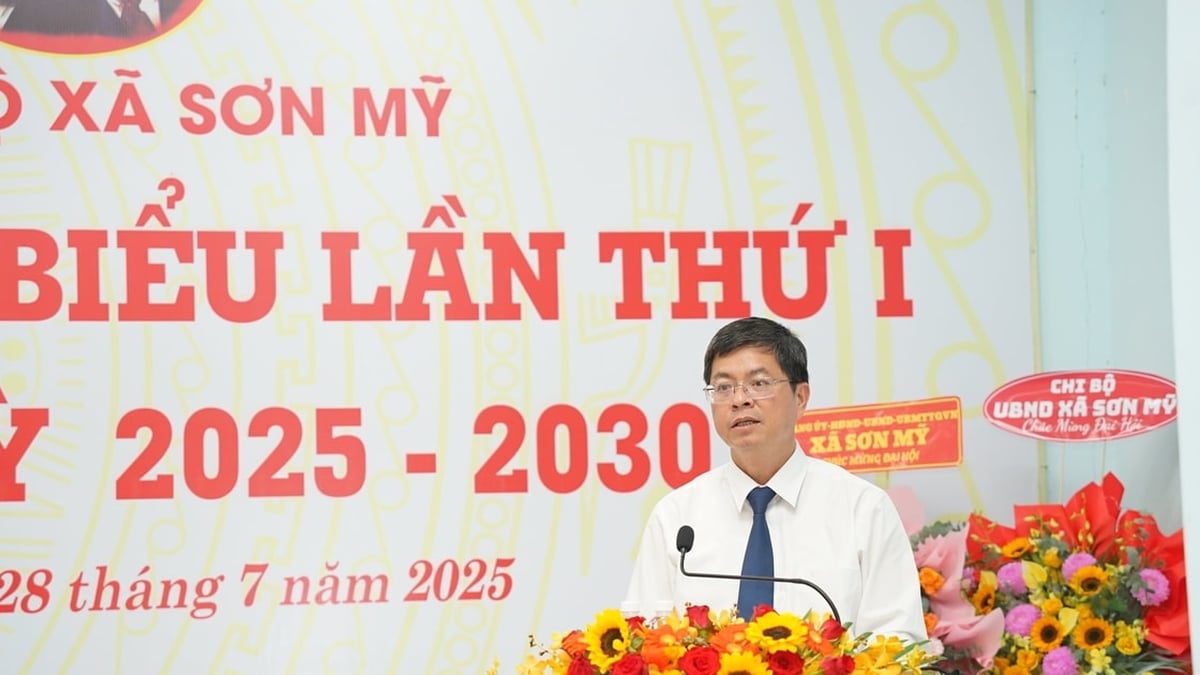

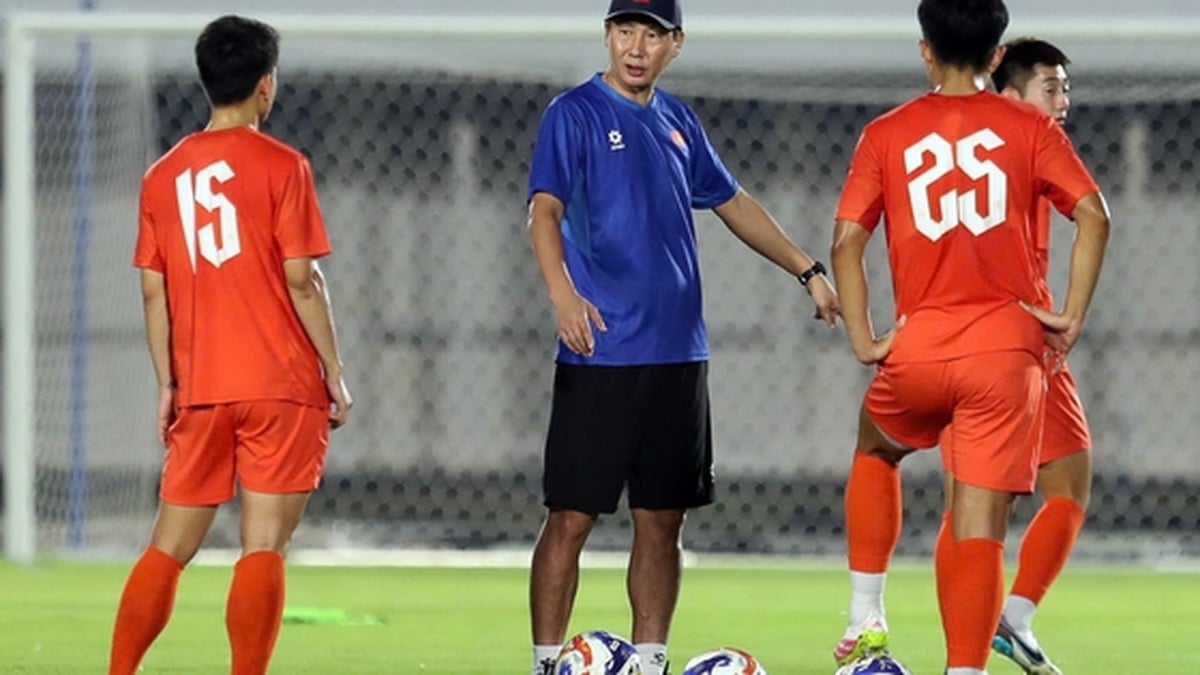
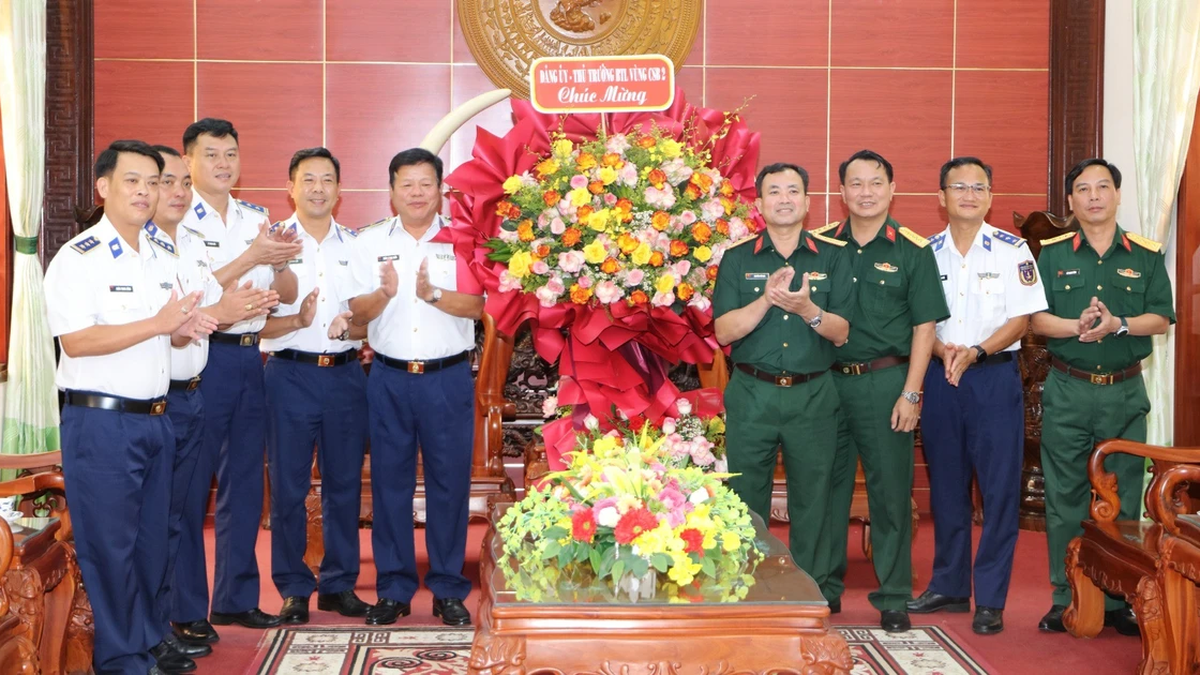












![[Photo] National Assembly Chairman attends the seminar "Building and operating an international financial center and recommendations for Vietnam"](https://vphoto.vietnam.vn/thumb/1200x675/vietnam/resource/IMAGE/2025/7/28/76393436936e457db31ec84433289f72)












































































Comment (0)